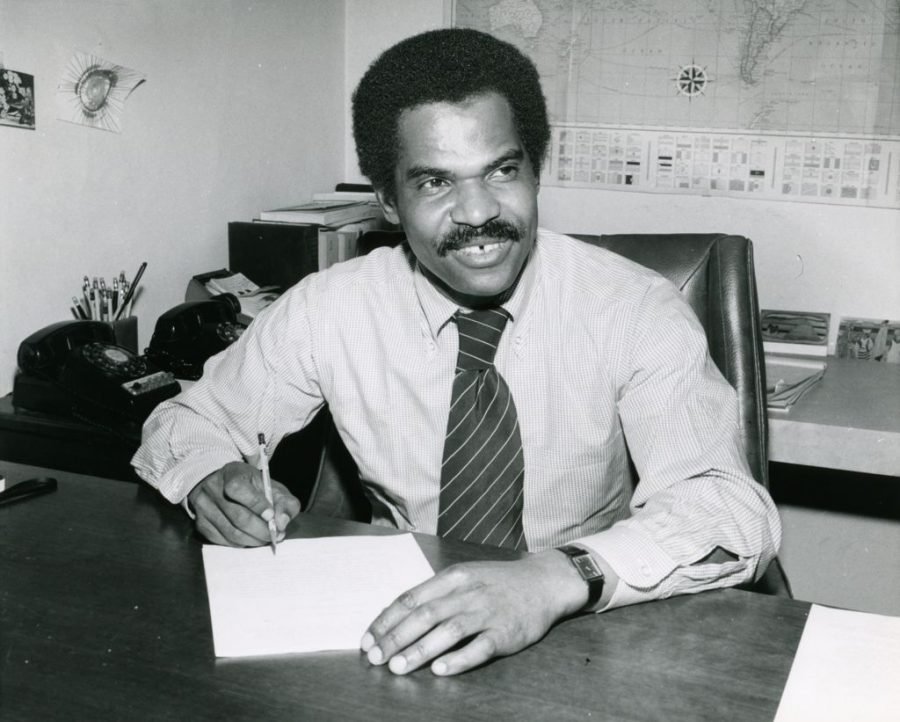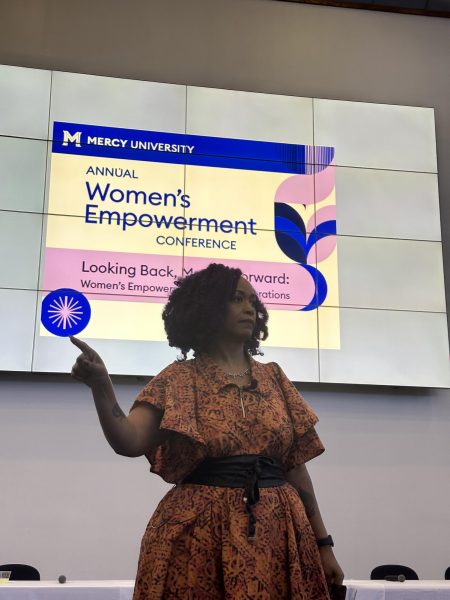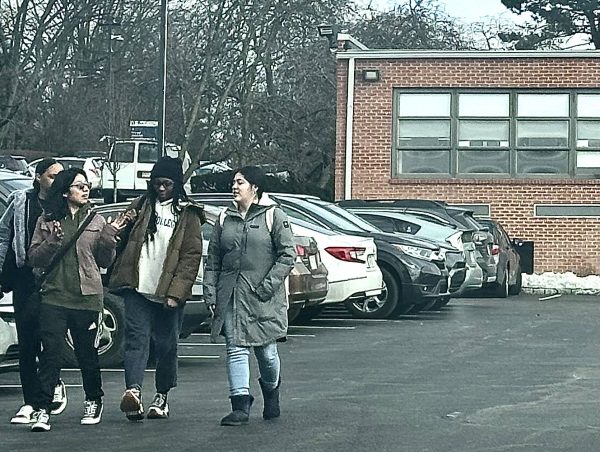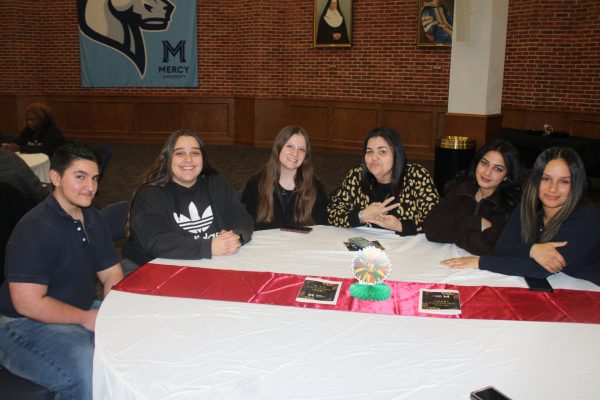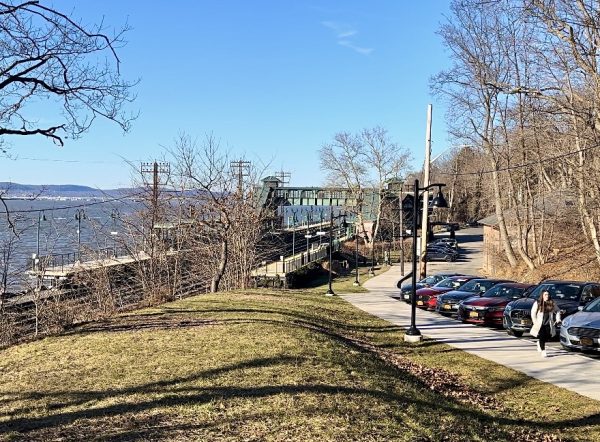Reginald F. Lewis Discussion Highlights Black History Month
The first billion dollar merger ever facilitated across international borders was facilitated by an African American.
February is Black History Month, a time for reflecting on the successes and advancements African-Americans have made on society. It is a month that sees people looking back on legends like Martin Luthor King Jr., Malcolm X, Harriet Tubman, and Barack Obama.
At Mercy College, Reginald F. Lewis is another one of those legends whose accomplishments have paved the way for many black youths to follow.
Reginald F. Lewis was a self-made businessman and the richest African-American in the nineteen eighties. He also facilitated the world’s first billion-dollar merger across international lines. His success story was one of hard work and determination, one that would inspire anyone who heard it.
One such person was Braynard (Bobby) Brown, a business professor at the college who was inspired by Reginald.
“The autobiography changed my life. I want all of you to embrace his story,” said Brown as he gave a speech at an event in honor of Reginald.
His success story is so inspirational that the college held a special guest speaker event on February in the Rotunda with President Tim Hall in attendance. The event was in honor of Reginald’s success as well as to promote an upcoming documentary on his life. Unfortunately, Reginald F. Lewis died tragically of brain cancer in 1993.
Instead, his loving wife, Loida F. Lewis, along with the President and CEO of PrimetimePOPS Marilyn Crawford, came to the college to talk with the students about the life of Reginald.
“He was tenacious. He didn’t want favors,” said Loida as she reflected on the late businessman’s work ethic.
Reginald moved in with his grandparents after his father and mother separated from each other when he was five years old. From an early age he was taught that if he wanted to be successful in the world, he’d have to do it himself.
“When he was five, he was told that he had to take care of himself. When he was told this, he felt as if it had given him purpose,” said Loida when she reflected on his upbringing.
This newfound purpose led to a desire to make money; he was always looking to make money and for companies to merge with. To better increase his chances of success, he learned everything he could about running a business
However, for Reginald, he didn’t learn the rules of business at adulthood or even high school; it started at age ten.
“At age ten, he wanted his own income. So, he started his own paper route. Then when he was old enough to go to summer camp, he wanted to stay and make money. His mother offered to deliver the papers to him while he was away. Two weeks later, when he got back from camp, the first thing he said when he got through that door was “Where’s my money?” His mother said, “I delivered the papers, so I keep the money” said Loida as she recounted Reginald’s first job.
He said, “Then I’ll sue you,” and his grandpa came over and told his mother to give him the money. His mother then told him “When making terms, set them out clearly.”
“You see, even at a young age he was learning how to run a business,” recounted Loida during the event.
Reginald worked hard for his pay at a time when few black men ever entered the world of business. According to Marilyn, Reginald was not just a regular man.
“He created the first black law firm on Wall St., facilitated the first billion-dollar buyout. He even got into Harvard without ever applying for it. To this day he is the only person to ever be accepted into Harvard without ever applying for it or taking any tests to get in,” said Marilyn as she spoke to the students about the important successes of Reginald.
On top of his successes and influence, Reginald had something else that made him an important figure to remember on this day – he was ethical and charitable.
“His second rule for success was to have a code of ethics. He had a very high code of ethics,” according to Loida.
Toward the end of his life, he wanted to put $5 million toward the construction of an African-American museum. In 2005, his wish came true,” said Loida as she recounted Reginald’s wish for the construction of an African American museum.
Reginald was an activist for civil rights and well known for his donations toward causes that were important to him. He was one of Jessie Jacksons’ largest donors and, upon his passing, gave Harvard Law school one of its largest charitable donations.
In a time when businessmen are known for being corrupt and cruel, the need for a positive figure for the future business leaders of the world to look up to is more important now than it ever has been before.
At an attempt to further make Reginald a more well-known figure, PBS has decided to release a new documentary called “Pioneers: Reginald F. Lewis and the Making of A Billion-Dollar Empire.”
“On MTV, you see the Kardashians change their hair and be naked in bed. We see all of that, but this is substance, said Maryland Crawford as she spoke to the business students of Mercy College. “This will grow your body and your bank account.”
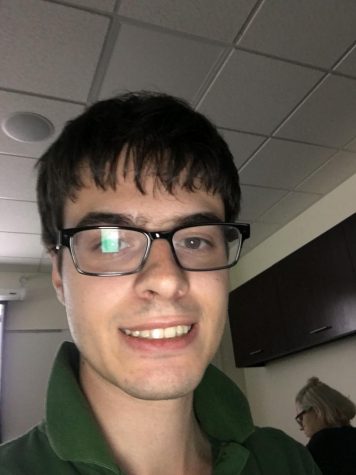
Mark is a A 22 year old senior English major from Scarsdale. He enjoys video games, comics, movies and occasionally T.V. shows. He wants to become...



